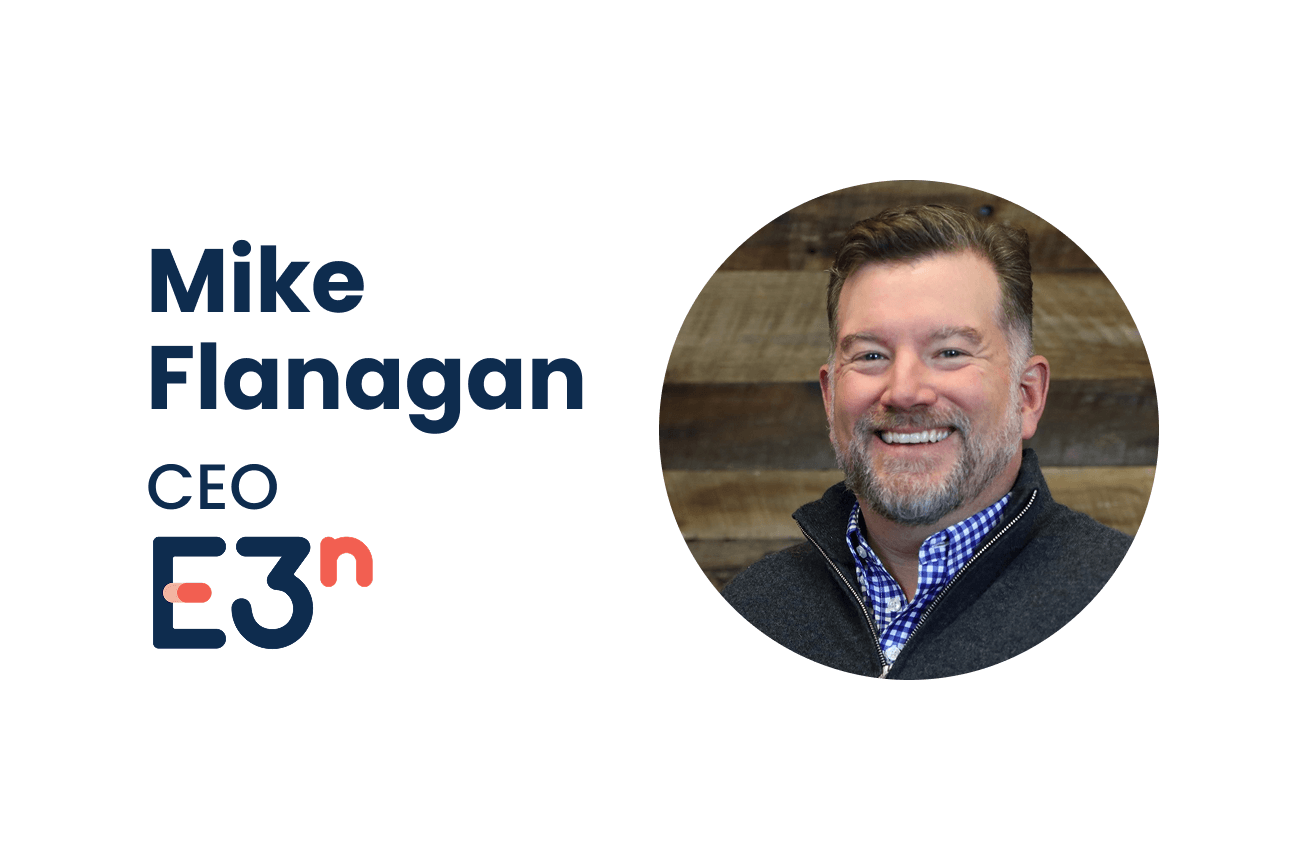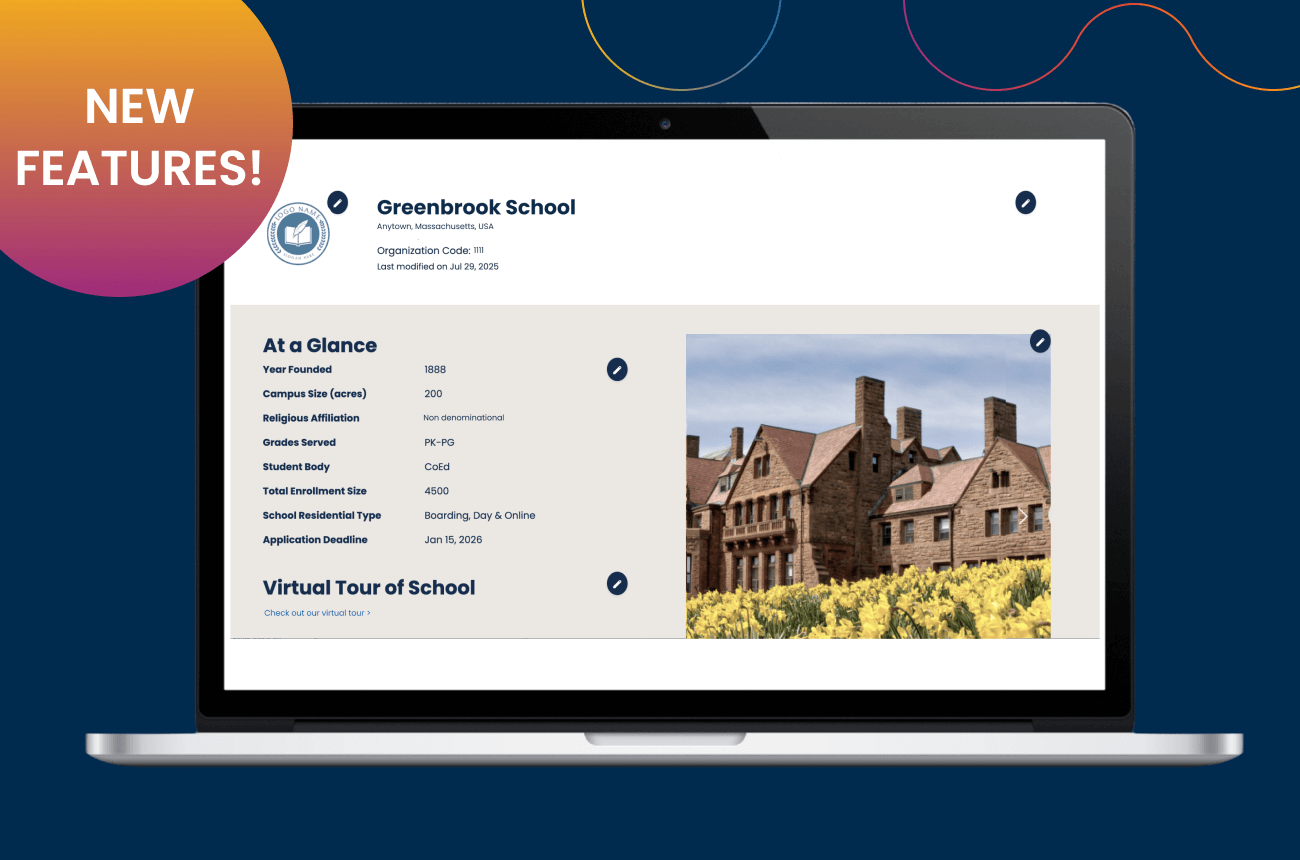Educators on the Board: Pros & Cons

By Chris Arnold & Stephen Dicicco, Co-Founders of Educational Directions Incorporated
With Frederick W. Williams, Head, The Rectory School, Pomfret, CT (Coed, Boarding/Day, 255 students, K-9); Bradford Hastings, Former Headmaster, Pomfret School, CT (Coed, Boarding/Day, 357 students, 9-PG) and Trustee at The Rectory School & Matthew Green, Upper School Head, Haverford School, PA (Boys, Day, 1,009 students, JrK-12) and Trustee at The Rectory School
What is the value of having independent educators on your board?
The Trustee's Letter (TTL) editors asked these three people with firsthand knowledge:
TTL: What are the pros and cons that you as the sitting head see in having independent educators on the board?
Fred Williams: There’s an adage that suggests you build your board based on the three Ws: work, wealth, and wisdom. Our committee on trustees spends the most time focusing on “wisdom.” I am fortunate that my board views other educators—three of whom currently serveas trustees—as one of the essential categories. When I was a first-time head, I greatly benefited from having the head of a non-competing nearby school on the board. In follow-up phone calls after meetings, he appeared to ask clarifying questions, and it wasn’t until a few years later I realized the purpose of his questions was not to enhance his understanding, but to get me to thoughtfully reflection the issues. He never sought to change my mind, just
test my thinking. Currently, I have a retired head and a senior administrator at both the high school and graduate school level on my board. Each offers something unique. The retired head (also a past parent) connects years of successful experiences to current issues; the high school administrator (an alum) is well versed in the wide range of topics impacting independent schools—from curriculum to compensation.
TTL: What are the pros and cons from the board member’s perspective in being an independent educator on the board?
Brad Hastings: Boards can be even more effective if they welcome a member who has deep and varied experience in the independent school “business.” The educator:
• Will likely better understand the school’s mission and the importance of using it as a rudder in decision making and strategic planning
• Can be persuasive because of background; other trustees will ask: “What is done at your school?”
• Can be a positive ally for the head of school not only in debate at the board level, but also in stressful situations (e.g., student disciplinary cases, employee terminations).
Matt Green: From my perspective, it is essential that there be at least one educator, preferably one with senior administrative experience, to sit on the board. Like any organization, independent schools have unique cultures that are not easily understood by those who have not lived and worked in them. I have seen my role as providing the rest of the board with benchmarking data about the independent school market, insight into the nuances of independent school culture, and cautionary advice about governance practices. For Fred, it is the confidence to know that at least one person in the room “gets it” and has his back during difficult discussions.
TTL: What are some of the cautions when one goes out to find an educator to sit on the board as to where to look (or not) and qualities to vet?
Fred Williams & Brad Hastings agree: There has to be a high level of comfort and respect between the head and the educator/potential board member; the best scenario is for the appointment to come from the head’s recommendation to the nominating committee.
Matt Green: The caution I would offer is to make sure the educator you invite on the board has experience working at several different kinds of schools. For example, if the prospective board member has only worked at large, coeducational K-12 day schools with ample endowments, he or she may not understand the concerns of a small school with fewer resources.
TTL: What have been some of the unexpected gifts or conflicts?
Fred Williams: I have found that educators on the board are some of the best at adding levity and spirit to a meeting— talents that should not be underestimated.
Matt Green: The conflict occurs on those few occasions when I find myself slowing down or speeding up Fred’s strategic or even tactical objectives. Even though I know Fred’s frustration in these situations, the board has the responsibility to set or at least understand strategic direction and thoughtfully steward the school’s resources.




